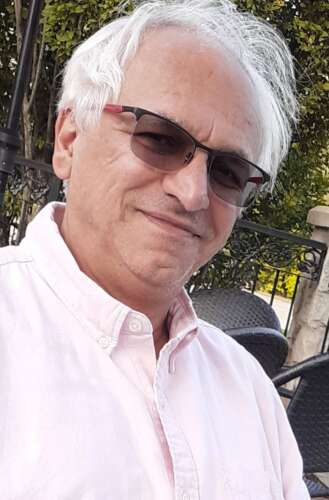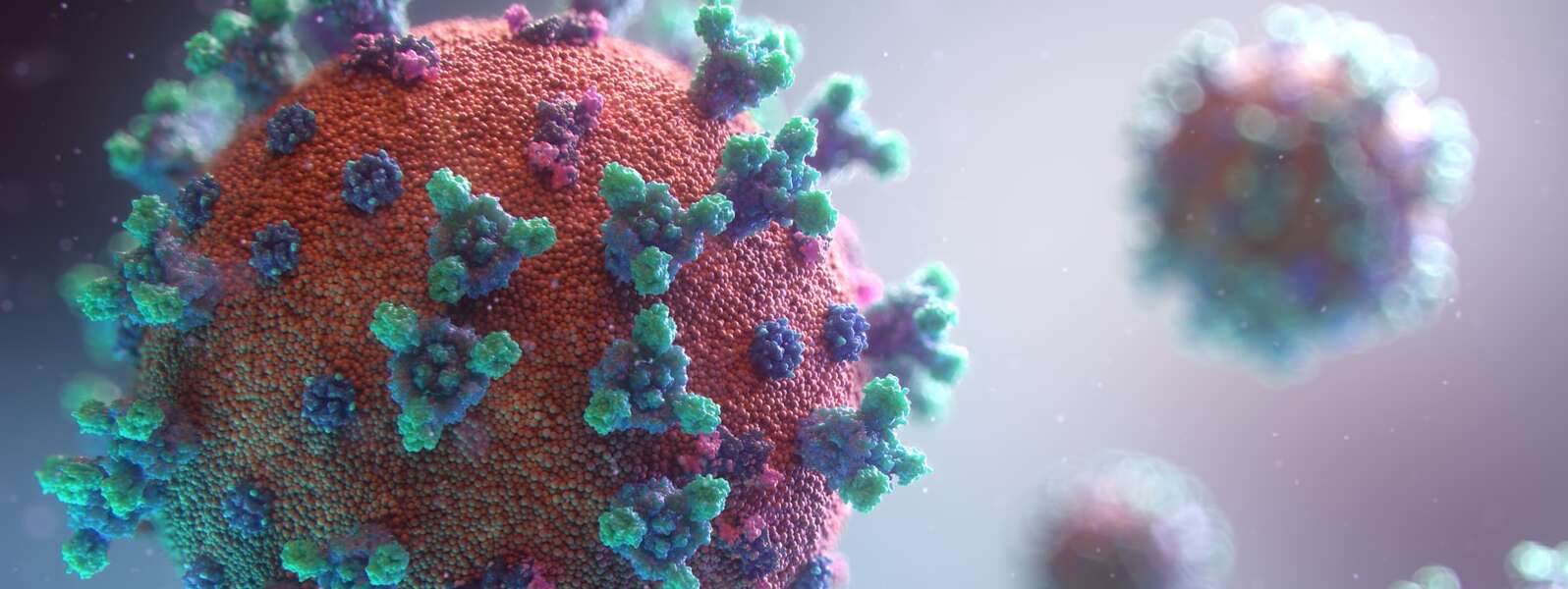With the current threat posed by the Omicron variant and COVID-19 vaccines offering some people only limited protection, a University of Guelph chemist has found that the electromagnetic fields of the microwave radiation may offer a way to disable the coronavirus even at body temperature.
The discovery points to an alternative way to combat the virus, said Dr. Khashayar Ghandi, a professor in the College of Engineering and Physical Sciences. Besides offering a potential treatment for infection, the system may provide another way to yield inactive virus for the development of vaccines, he said.
The findings were recently published in Nature Scientific Reports.
Using bovine coronavirus for testing

In lab bench studies, the researchers disabled parts of the spike protein that allows the virus to gain entry to host cells. Using their novel microwave system designed and developed at U of G, they subjected the protein to radiation at body temperature for two minutes.
Ghandi said vaccines are considered the most effective preventive measure against the SARS-CoV-2 virus. But he said in some vaccinated people, variants may elude the vaccine, booster shots may protect for a limited time or infection may still occur.
“We need novel methods for dealing with persisting contagions and rendering viruses non-functional,” said Ghandi.
This study is part of the thesis of M.Sc. student Michael Anthony Lapolla, who was helped by research assistant Pooya Afaghi. The research continues earlier studies by Ghandi’s group in the Department of Chemistry.
Along with researchers at U of G’s Ontario Veterinary College, they plan to study the system on bovine coronavirus. Ghandi said that virus is similar enough to the COVID-19-causing virus to warrant testing before trying the system on SARS-CoV-2.
Technology could help with COVID-19 treatment
He hopes ultimately to work with human health sciences on the technology. He envisions ultimate treatment either by an MRI-like system whose microwaves penetrate the body or endoscopic treatment that would target the lungs.
He said the novel system might also be used to inactivate the coronavirus for potential use as an alternative vaccine.
“Using this system in a controlled way can inactivate viruses with different mutations,” he said. “This could have potential to be used by companies making vaccines.”
The system could also be used for treating a range of viral or bacterial pneumonia and even cancer in the respiratory system. As well, the technology might be used for disinfecting contaminated surfaces and water, he added.
Ghandi’s lab has worked on a portable technology using electromagnetism to deactivate viruses and to kill bacteria and fungi in water and on surfaces, including hospital gowns, masks and bedding for immediate reuse. He studies radiation chemistry for potential applications ranging from medicine to anti-corrosion technology in the nuclear industry.
The research was funded in part by the Natural Sciences and Engineering Research Council of Canada (NSERC) and the Department of National Defence.
Contact:
Dr. Khashayar Ghandi
kghandi@uoguelph.ca
